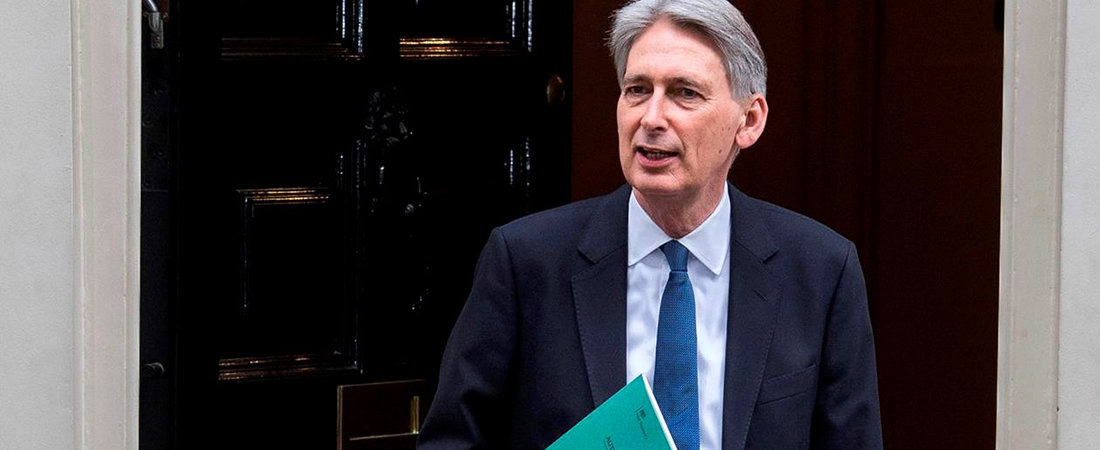Philip Hammond’s Autumn Statement is likely to be overshadowed by a hugely controversial prediction that Brexit will cost the UK £220billion and 10 years of pain.
The Office of Budget Responsibility delivered the bombshell forecast in a report published at the same time as the Chancellor’s debut Autumn Statement.
It immediately sparked a fresh war of words as Remainers and Leavers savaged each other – yet again – over how Britain will fare when it leaves the European Union.
The OBR warned curbs on the free movement of people will hit UK growth and predicted a downturn in economic activity as global firms think twice about using Britain as a base.
The Chancellor appears to have used the mini Budget to give himself significant wiggle room in case the UK economy goes into reverse in 2017 and beyond.
Brexiteers immediately poured scorn on his Commons statement – arguing he must be much more positive in his Budget next spring.
But those on the remain side – including the City bible the FT – praised his sober and thoughtful approach.
They even credited him for standing up to Premier Theresa May who had urged the Chancellor to open the purse strings and give more help to people “Just About Managing” – dubbed JAMs.
The OBR’s prediction is certain to pour petrol on the flames of the Brexit row splitting the country.
Even its own boss Robert Chote admitted to the BBC’s Joe Lynam: “It’s a uniquely difficult time to forecast.” And he confessed his watchdog had no more information to make its judgment than the general public.
Leavers will take this as an admission that the forecast cost of Brexit isn’t worth the paper it’s written on.
The Chancellor and his Treasury are facing new challenges.
The Treasury has dominated domestic politics for the past quarter of a century, with either Gordon Brown or George Osborne holding the post of Chancellor or Shadow Chancellor for 24 of those years.
But Mrs May’s new government has changed all that.
The Treasury’s power is not what it was, insiders report, and its iron rule has been watered down.
Some believe there is an institutional nervousness since its dire warnings of the consequences of Brexit in the run-up to Britain’s EU referendum.
The impact of this is that ministers and advisers in other departments have a greater voice.
The Chancellor and his PM maintain a successful working relationship and they and their partners remain friends.
But neither are comfortable with the informalities of their predecessors and see each other much more infrequently than has been common in recent years.
Mr Hammond’s decision to scrap the Autumn Statement altogether and replace it with a single Budget annually is another sign that he favours a low-key approach.
Today’s Autumn Statement measures lacked the political pizazz we’ve become accustomed to, but deliberately so.
Mr Hammond – dubbed Spreadsheet Phil because of his forensic analysis of numbers – and his Treasury team fear the worst is yet to hit Britain.
And today he delivered one of the most cautious mini Budgets seen in living memory.
Fuel duty was frozen, in-work benefits for those at the bottom end of the earnings ladder were slightly increased, housebuilding was prioritised and the Chancellor pumped more cash into the economy with some fiscal loosening.
But the Brexit row is bound to overshadow for years to come.
George Pascoe-Watson is a senior partner at Portland and previously political editor of The Sun.

